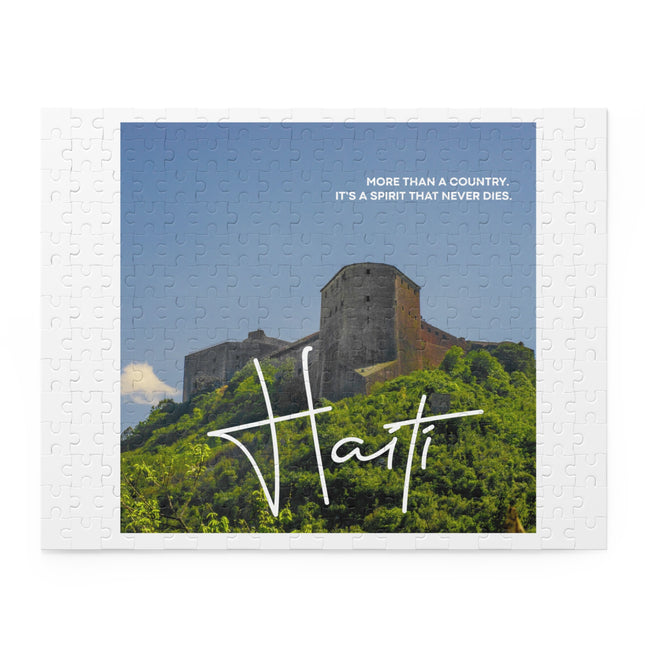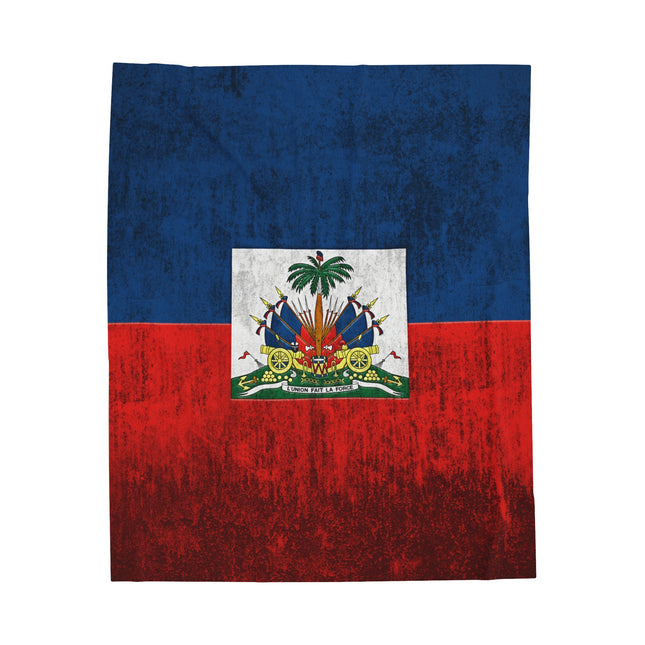
Haitian Perfumers Using Vetiver for Sustainable Global Trade
, by Seo Guy, 6 min reading time

, by Seo Guy, 6 min reading time
Vetiver, known scientifically as Chrysopogon zizanioides, is a fragrant grass whose roots produce one of the most sought-after ingredients in the perfume industry. For decades, perfumers around the world have prized its deep, earthy, and smoky scent. What many people don’t realise is that Haiti is one of the largest producers of Haitian vetiver essential oil, a distinction that has given the nation both economic opportunity and cultural recognition.
From luxury fragrance houses in Paris to artisan perfumers in New York, Haitian vetiver stands out for its purity, complexity, and sustainability. Today, it is not only a key export but also a symbol of Haitian craftsmanship and resilience.
The fertile soils and microclimates of southern Haiti, particularly in the Les Cayes region, create ideal growing conditions for vetiver. Haitian farmers have perfected the art of cultivating the grass to maximise oil yield and scent quality. The country’s vetiver is often described as smoother and more refined than that produced in other parts of the world.
This reputation has made Haitian vetiver essential oil a staple in high-end perfumes, from Dior and Guerlain to niche fragrance houses catering to connoisseurs. In fact, many perfumers seek Haitian vetiver specifically for its long-lasting aroma and versatility in blending with other notes.
Vetiver production is a lifeline for thousands of Haitian families. The crop provides steady work, especially in rural areas where job opportunities are limited. Farmers plant, harvest, and distil vetiver by hand, a process that requires skill, patience, and dedication.
The export of Haitian vetiver essential oil generates millions in revenue each year, supporting not just farmers but also local distilleries, transport workers, and export companies. For many communities, vetiver is more than a crop—it’s the backbone of their economy.
In recent years, sustainability has become a major selling point for Haitian vetiver. Farmers are adopting eco-friendly methods to preserve soil health, prevent erosion, and ensure consistent yields year after year. Some cooperatives have partnered with NGOs and fragrance companies to certify their vetiver as organic or fair trade, adding value for international buyers.
By embracing sustainable farming, Haiti is positioning itself as a global leader in ethical fragrance production. The eco-conscious consumer of today is more likely to choose a perfume made with responsibly sourced ingredients, which further boosts the market for Haitian vetiver essential oil.

While much of Haiti’s vetiver is exported as a raw material, an increasing number of Haitian perfumers are creating their own fragrances. These artisans are blending vetiver with local ingredients like hibiscus, cocoa, and rum to craft scents that tell the story of Haiti’s landscapes and traditions.
By producing finished perfumes locally, Haiti retains more of the value chain, rather than exporting raw vetiver for processing abroad. This move towards local manufacturing is creating new jobs and giving Haitian brands a stronger voice in the global fragrance industry.
Beyond perfume, vetiver’s warm, grounding scent has found its way into candles, soaps, skincare products, and even home diffusers. Haitian lifestyle brands are using Haitian vetiver essential oil to create luxury home goods that combine scent with cultural storytelling.
These products appeal not just to fragrance lovers but also to consumers seeking items that carry meaning, authenticity, and a connection to the artisan behind them.
Like many industries in Haiti, vetiver production faces challenges—political instability, infrastructure gaps, and vulnerability to extreme weather events can disrupt supply. However, the resilience of Haitian farmers and their international partners continues to keep the industry thriving.
Some fragrance companies have even invested directly in Haitian farming communities, funding schools, clinics, and water projects in vetiver-growing regions. This investment builds loyalty, improves quality of life, and strengthens the long-term supply chain.
Vetiver is not just an export—it’s also deeply rooted in Haitian culture. Its earthy scent is associated with grounding and protection in local traditions, and vetiver roots are sometimes used in artisanal crafts and folk remedies.
This cultural connection adds depth to the story of Haitian vetiver essential oil, making it more than just a commercial commodity—it’s a bridge between Haiti’s heritage and its economic future.
With demand for natural fragrances on the rise, Haiti’s vetiver industry is well-positioned for growth. Continued investment in sustainable farming, local perfume production, and branding could see Haitian vetiver become an even more powerful driver of national economic development.
Innovations in distillation technology and marketing could also help Haitian producers capture more of the premium fragrance market, ensuring that the value of Haitian vetiver essential oil stays within the country rather than being lost to overseas processing.
At CreoleSizzle, we celebrate the same artistry and authenticity found in Haiti’s vetiver industry. From vetiver-scented candles to home décor inspired by Haitian landscapes, our products reflect the pride, skill, and sustainability that vetiver farming embodies.
When you choose Haitian-made goods, you’re supporting the same communities that cultivate the vetiver that perfumes the world.
Haitian vetiver is more than a luxury fragrance ingredient—it’s a story of craftsmanship, resilience, and global recognition. Through Haitian vetiver essential oil, the nation has carved a unique place in the perfume world while sustaining rural livelihoods and promoting environmental stewardship.
Celebrate Haitian heritage with every brushstroke and stitch. Whether you’re drawn to art, textiles, or spiritual kitchen items infused with Vodou symbolism, you’ll find it at CreoleSizzle.com. Honor your roots, support Haitian artisans, and stand tall in culture.


$37.25 - $54.35


$16.13 - $24.40


$32.28 - $77.35